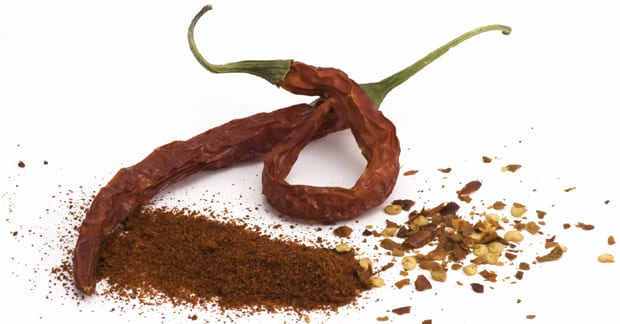Carpal Tunnel Syndrome (CTS) is a condition caused by the compression of the median nerve as it travels through the carpal tunnel in the wrist. The “source” of median nerve compression can be soft tissue swelling, such as tendonitis, bursitis, synovitis, capsulitis, etc. Last month, we discussed nutritional supplementation for CTS in general. This month, the focus is on specific herbs that can help this potentially disabling condition.
- Chamomile functions as a natural “tranquilizer.” It’s used for muscle pain (as a relaxant), but can also help other problems such as menstrual disorders, headaches, and tension. Chamomile facilitates relaxation of tight muscles and has an anti-inflammatory property that soothes cramps.
- Kava Root is an herbal plant that is well known for its muscle relaxing benefits. It is particularly helpful with extreme muscle pain.
- Valerian is a very effective relaxant that dates back to the medieval times for curing ailments associated with muscle spasms, such as muscle cramps and neck problems.
- Catnip is also a natural muscle relaxant, and is a member of the mint family. It is used as a sedative and muscle relaxer. Headaches due to tension have been treated using a poultice containing catnip. Catnip has also been found to reduce swelling in joints and reduce soft tissue injuries such as tendonitis, bursitis, and capsulitis.
- Cayenne Pepper is a popular herb used in cooking and can be found in many recipes. Cayenne pepper has been found to significantly relieve the pain of muscle cramping.
- Horseradish has been reported to relieve extreme muscular stress involved in cramps and muscle pain. One approach is mixing a few drops of horseradish oil in bath water to reduce soreness associated with muscle aches.
- Lavender flower oil is well known as a very effective muscle relaxant that provides relief caused by muscular tension. Using a circular motion while massaging the oil over the achy muscle can be particularly soothing. In addition to the mind/body relaxation benefits, an increase in circulation allows the tense muscles to relax and heal.
- Licorice has the ability to reduce inflammation associated with muscle pain.
- Devil’s Claw is a very popular anti-inflammatory herb that dates back to the 18th century for the treatment of arthritis and many other painful conditions. It’s also used as an effective muscle relaxer.
- Peppermint oil has been used to treat conditions associated with muscles aches. Pouring some drops of peppermint oil in a hot bucket of water to soak a foot, ankle or lower leg (possibly combined with Epson salt) can be very relieving.
- Other natural muscle relaxants include Cramp bark, Passiflora, Bergamot, Cardamom, Basil, Ginger root, and others.
It is appropriate to COMBINE these natural herbal approaches with other treatments that are known to work well in the treatment of CTS. Chiropractic can provide: 1. manipulation and mobilization of the neck, shoulder, elbow forearm, wrist, hand, and fingers; 2. cock-up splints to be worn at night and at times during the day such as driving; 3. physical therapy modalities such as electric stim, ultrasound, light or laser therapy, magnetic field; 4. work station and other ergonomic modification recommendations; 5. exercise training, and more.
Thousands of Doctors of Chiropractic across the United States and Canada have taken "The ChiroTrust Pledge":
“To the best of my ability, I agree to
provide my patients convenient, affordable,
and mainstream Chiropractic care.
I will not use unnecessary long-term
treatment plans and/or therapies.”
To locate a Doctor of Chiropractic who has taken The ChiroTrust Pledge, google "The ChiroTrust Pledge" and the name of a town in quotes.
(example: "ChiroTrust Pledge" "Olympia, WA")
Content Courtesy of Chiro-Trust.org. All Rights Reserved.

